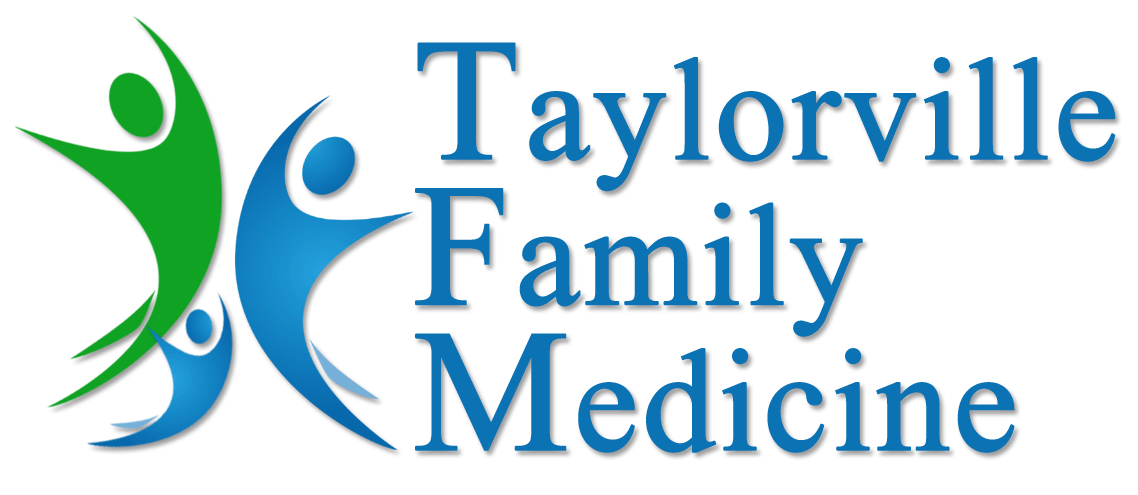The Hidden Health Risks of Not Having a Primary Care Physician: "I Feel Fine—Why Would I Need a Doctor?"
- jabbywang
- Apr 15
- 2 min read

Mark, a 42-year-old sales manager, hadn’t been to a doctor in over a decade. He felt fine, stayed active, and figured he didn’t need a check-up. “If something’s wrong, I’ll know,” he told himself.
Then, during a company-sponsored health screening, Mark’s blood pressure came back at 165/100—dangerously high. He was shocked. He had no symptoms, but he was at risk for a stroke or heart attack. If he had been seeing a primary care physician (PCP) regularly, this could have been caught and managed long before it became life-threatening.
Unfortunately, Mark’s story isn’t uncommon. Many people assume that if they aren’t sick, they don’t need a doctor—but skipping regular care can have serious consequences.
Why Relying on Urgent Care Isn’t Enough
If you don’t have a primary care doctor, you might use urgent care or walk-in clinics when something goes wrong. While these options work for immediate issues, they don’t replace a long-term relationship with a doctor who understands your full health history.
Urgent care treats the symptom, not the cause. If you go in for a bad cough, you’ll get antibiotics—but who’s tracking your lung health over time?
Chronic conditions go unnoticed. 1 in 3 adults has high blood pressure and doesn’t know it because they don’t have routine check-ups.
No medical history tracking. Without a PCP, there’s no one connecting the dots between your symptoms, family history, and lifestyle risks.
The Dangers of Skipping Preventive Care
Even if you feel fine, serious conditions can develop silently without symptoms:
Heart Disease – The #1 cause of death in the U.S., and often undiagnosed until it’s too late.
Diabetes – 1 in 5 people with diabetes doesn’t know they have it until complications arise.
Cancer – Many cancers are treatable if caught early, but only if you get screened regularly.
A 2019 study published in JAMA Internal Medicine found that patients who had a PCP were 19% less likely to die from preventable diseases compared to those who didn’t. Having a doctor who tracks your long-term health could literally save your life.
The Role of a Primary Care Physician (PCP)
A PCP is your first line of defense in protecting your health. They:
Monitor and prevent chronic diseases before they become serious.
Provide routine screenings for conditions like high cholesterol, diabetes, and cancer.
Coordinate your care if you need a specialist, ensuring nothing falls through the cracks.
Offer personalized guidance on diet, exercise, and lifestyle changes tailored to your needs.
When’s the Best Time to Get a PCP? Now.
The best time to establish care with a primary doctor is before you have a major health issue. Whether you’re 25 or 55, regular check-ups are key to living a longer, healthier life.
Don’t wait for an emergency. Take control of your health—apply for a new patient appointment today!

Comments